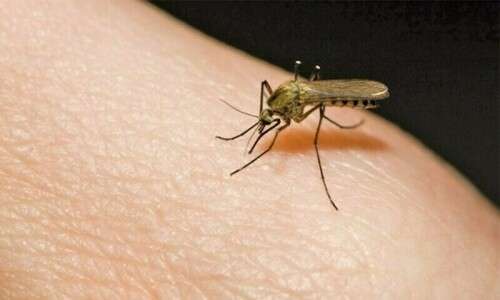Egypt was officially certified as malaria-free on Sunday, a milestone hailed as “truly historic” by the World Health Organization (WHO). This achievement marks the culmination of nearly a century of dedicated efforts to eradicate the disease from the country.
“Malaria is as old as Egyptian civilization itself, but the disease that plagued pharaohs now belongs to its history and not its future,” WHO chief Tedros Adhanom Ghebreyesus said in a statement. “This certification of Egypt as malaria-free is truly historic, and a testament to the commitment of the people and government of Egypt to rid themselves of this ancient scourge.”
Globally, 44 countries and one territory have now been certified as malaria-free. Certification is granted by the WHO when a country has demonstrated that the chain of indigenous malaria transmission by Anopheles mosquitoes has been interrupted nationwide for at least the previous three consecutive years. Additionally, a country must show the capacity to prevent the re-establishment of transmission.
Malaria kills more than 600,000 people annually, with 95 percent of these deaths occurring in Africa, according to the WHO. In 2022, there were 249 million recorded malaria cases worldwide. The disease, spread by mosquitoes, is mostly found in tropical regions and is caused by a parasite.
“Receiving the malaria elimination certificate today is not the end of the journey but the beginning of a new phase,” said Egypt’s Health Minister Khaled Abdel Ghaffar. “We must now work tirelessly and vigilantly to sustain our achievement through maintaining the highest standards for surveillance, diagnosis, and treatment.”
ALSO READ:
https://flarenews.pk/2024/10/21/soe-reforms-fail-to-deliver-desired-outcomes-sbp/
The WHO highlighted that Egypt’s early efforts to reduce human-mosquito contact began in the 1920s with measures such as banning the cultivation of rice and agricultural crops near homes. By 1942, malaria cases in Egypt had surged to over three million due to population displacement during World War II. The construction of the Aswan Dam in the 1960s introduced new malaria risks by creating breeding grounds for mosquitoes. However, by 2001, Egypt had malaria “firmly under control,” according to the WHO.
The fight against malaria continues globally, with Nigeria accounting for more than a quarter of all malaria deaths annually, followed by the Democratic Republic of Congo, Uganda, and Mozambique.



